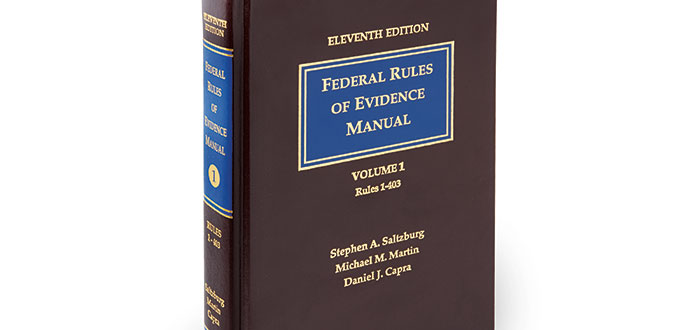Mike Petegorsky, author of the article Plea Bargaining in the Dark: The Duty to Disclose Exculpatory Brady Evidence During Plea Bargaining, published in Fordham Law Review was quoted in a Law360 article on an upcoming vote that will affect the right of defendants to see the prosecution’s exculpatory evidence before entering a guilty plea.
At an upcoming conference, the justices will vote whether to review a Fifth Circuit ruling that the Supreme Court’s landmark Brady v. Maryland decision does not give defendants the right to see the prosecution’s exculpatory evidence before entering a guilty plea.
The appeals court had used that holding as a basis to dismiss George Alvarez’s civil rights lawsuit against the city of Brownsville, Texas, for allegedly withholding video evidence showing he did not assault a city jailer, despite serving four years in prison for it.
But the lower courts are still split on whether Brady entitles them to evidence of their own innocence as they weigh a plea, and the possibility of a lighter sentence. The confusion in the judiciary could increase the chances that four justices, the minimum required, vote to grant certiorari in the case.
“When I read about this and learned about this, I thought, ‘This is just an incredible split that exists on something so important,'” said Mike Petegorsky, an Akin Gump Strauss Hauer & Feld LLP associate who wrote an article in the Fordham Law Review about the unsettled law surrounding Brady rights during plea bargaining. “As far as circuit splits go, this is as clear and well-delineated a split as you’re going to get.”

